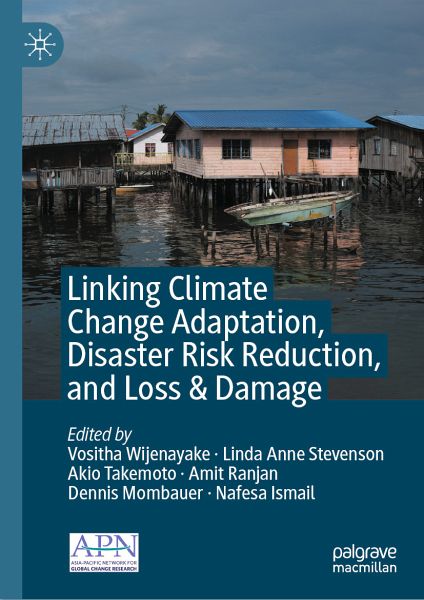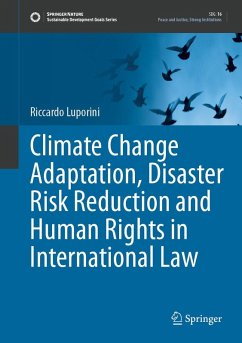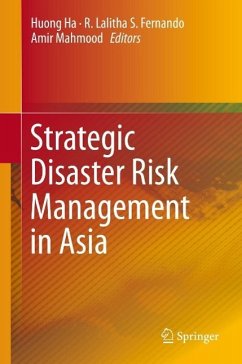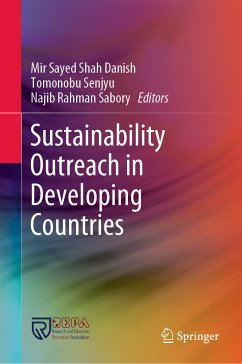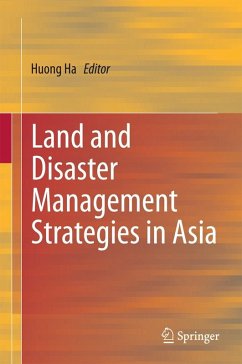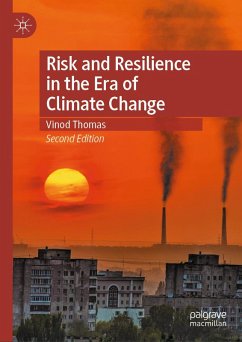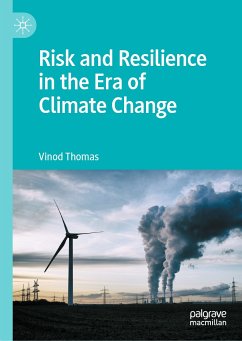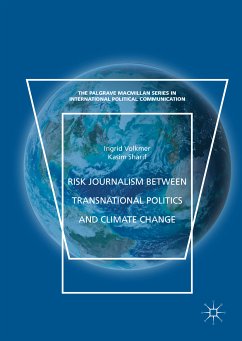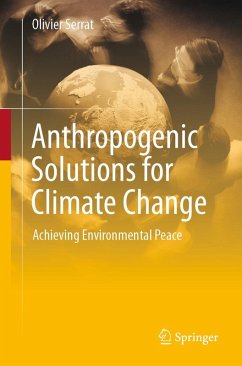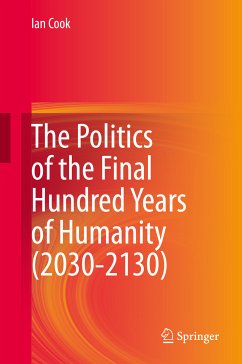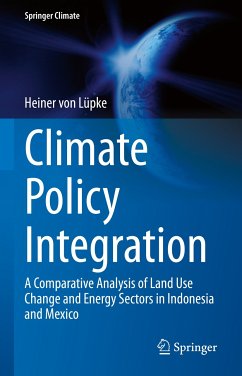Vositha Wijenayake leads the work of SLYCAN Trust and is an attorney-at-law specializing in environmental and public international law. She has over a decade of experience in climate change and the UNFCCC process with a focus on adaptation, resilience building, loss and damage, gender, technology transfer, finance, and just transition. Dr. Linda Anne Stevenson leads Knowledge Management and Scientific Affairs at APN. With 20+ years of experience, she oversees 60+ diverse global change projects, fostering capacity, facilitating science-policy-practitioner dialogues, and engaging with UNFCCC, IPCC and IPBES. Dr. Stevenson was an expert reviewer for IPCC's Working Group II 6th Assessment Report. Dr. Akio Takemoto is Head of Programme and Administration at United Nations University Institute for the Advanced Study of Sustainability, Tokyo. He served in a Director position at the Ministry of the Environment of Japan, Senior Environment Specialist at Global Environment Facility, and Director of Asia-Pacific Network for Global Change Research. Dr. Amit Ranjan is a Research Fellow at the Institute of South Asian Studies, National University of Singapore. His latest book is Federalism and Inter-State River Water Disputes in India (2024, Routledge: London and New York). Dennis Mombauer is Director: Research & Knowledge Management at SLYCAN Trust. He has over a decade of expertise in research and management across private and development sectors. His research focuses on climate change, adaptation, loss and damage, climate finance, just transition, sustainable development, human mobility, ecosystem conservation, and related topics. Dr. Nafesa Ismail is Senior Programme Officer at APN, managing national and regional projects in the Asia-Pacific region. She oversees knowledge generated from APN activities, including APN's flagship Science Bulletin. Dr Ismail empowers early-career professionals in international research through proposal development training workshops and has engaged as expert reviewer in IPCC and IPBES assessments.
